Content
Free Mental Health Assessment
The Pandemic is "Over"—Why Are We More Depressed Than Ever?

Written by Jessica Yu, Ph.D.
Updated 10/05/2023
According to a recent Gallup poll, the percentage of U.S. adults who have been diagnosed with depression at some point in their lives has reached an all-time high of 29%. This is almost 10 percentage points higher than in 2015—and 6 percentage points higher than it was in 2020, when the COVID-19 pandemic began.
As a clinical psychologist who regularly sees people with anxiety and depression, I can’t say I’m surprised by Gallup’s findings. I have a growing waitlist of individuals who want to start therapy; many of my existing patients wish to continue being seen on a regular basis; and some of my previous patients have contacted me to re-engage in therapy.
But I do wonder, why are we more depressed than ever? And what is the significance of COVID-19 in all of this? Did the pandemic itself cause the surge in mental health problems, or was it simply a catalyst for increased awareness and conversation?
The answer, it seems, is both.
Content
Pandemic Stressors
The early days of the pandemic were particularly difficult, scary, and stressful, from job losses and Zoom school to intense burnout and serious illness. And almost all of us were separated from family, friends, and loved ones, increasing feelings of loneliness and isolation.
Our lives were put on literal pause and there was little we could do about it. Indeed, according to a Brookings Institution survey, 26% of American women and 19% of American men say that the pandemic made them lose control over their lives. Loss of control causes feelings of helplessness and hopelessness, both of which are risk factors for and symptoms of depression. And even though the most harrowing days of the pandemic are over, we continue to lack some control over our lives, with the threat of continued outbreaks looming over us.
In addition to dramatically changing the way we live our lives, there is substantial evidence that COVID-19 may lead to “post-acute COVID-19 syndrome” or “long COVID.” Research has shown that at least 10% of patients with COVID-19 go on to experience one or more of over 200 symptoms—the top 10 include anxiety, depression, difficulty concentrating, and sleep problems.
So, it seems that COVID-19 indeed contributed to our worsening mental health. At the same time, it changed the way we think and talk about mental health.
On an individual level, we became more attuned to how our family, friends, and loved ones were doing—how they were coping, functioning and feeling.
On a societal level, we found new ways of seeking and delivering care. Utilization of mental health services has increased by over 38% among commercially insured adults. This is largely driven by the expansion of telehealth and its role in overcoming stigma and reducing barriers to traditional, in-person care.
In other words, COVID-19 put a spotlight on our mental health, thereby making it that much easier to notice changes in prevalence, treatment seeking, and treatment engagement.
What Can We Do About Depression?
We now understand many of the reasons why the prevalence of depression is so high post-COVID. But what do we do about it?
As a start, check in on your own mental health. Remember to practice good self-care (that means taking care of yourself, just like you do for others), seek help when necessary, and encourage others to do the same.
If you’ve noticed yourself feeling down, depressed, anxious, stressed, or otherwise “off”:
Ask for help or support from a family member, friend, or trusted healthcare professional.
Implement healthy habits and routines that can help regulate emotions: eat healthy (stay away from ultra-processed foods!), exercise and get fresh air daily, try meditation (even simple deep breathing), avoid alcohol and other substances (they can worsen depression and other mental health problems), and plan pleasant events.
Consider telehealth as an accessible, easy, and convenient way to access well-researched and effective mental healthcare.
Depression may be at an all-time high, but we have more awareness and tools than ever to treat it. The next step? If you have symptoms of depression, reach out for (or encourage others to seek out) help.
1 Source
Hims & Hers has strict sourcing guidelines to ensure our content is accurate and current. We rely on peer-reviewed studies, academic research institutions, and medical associations. We strive to use primary sources and refrain from using tertiary references.
- Seligman MEP. Helplessness: On depression, development, and death. San Francisco, CA: Freeman; 1975.
This article is for informational purposes only and does not constitute medical advice. The information contained herein is not a substitute for and should never be relied upon for professional medical advice. Always talk to your doctor about the risks and benefits of any treatment. Learn more about our editorial standards here.
Related Articles
Related Conditions
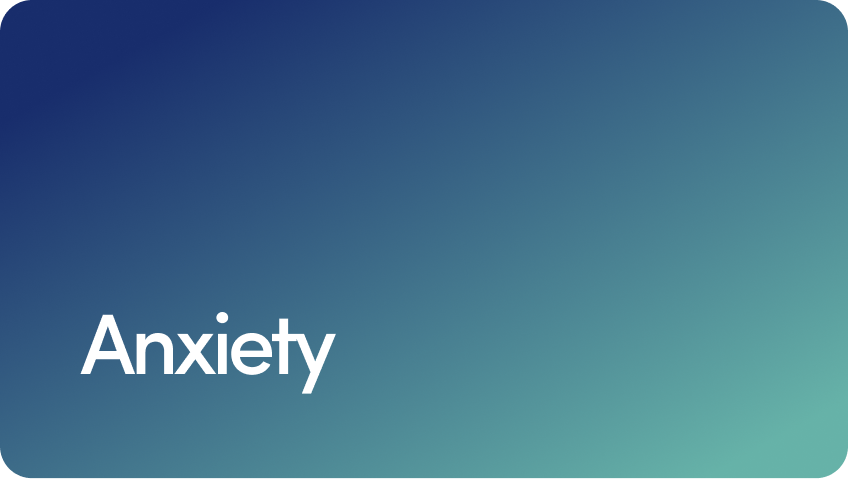 Anxiety
Anxiety
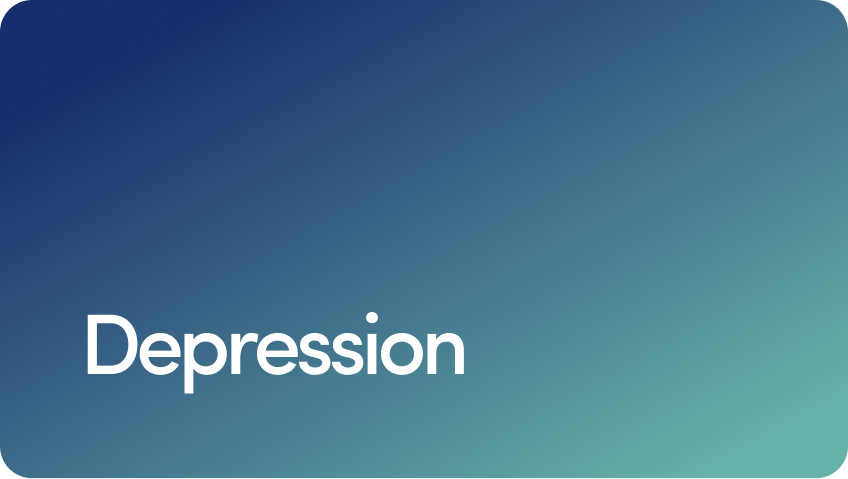 Depression
Depression
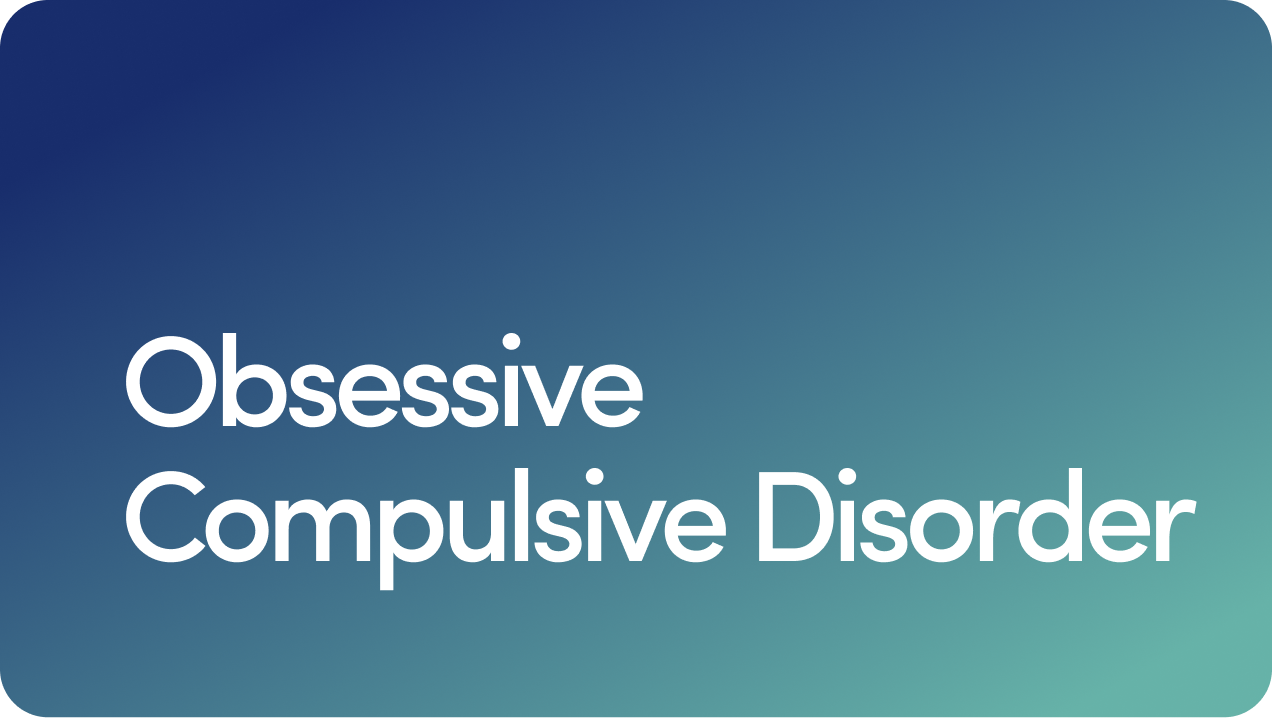 OCD
OCD
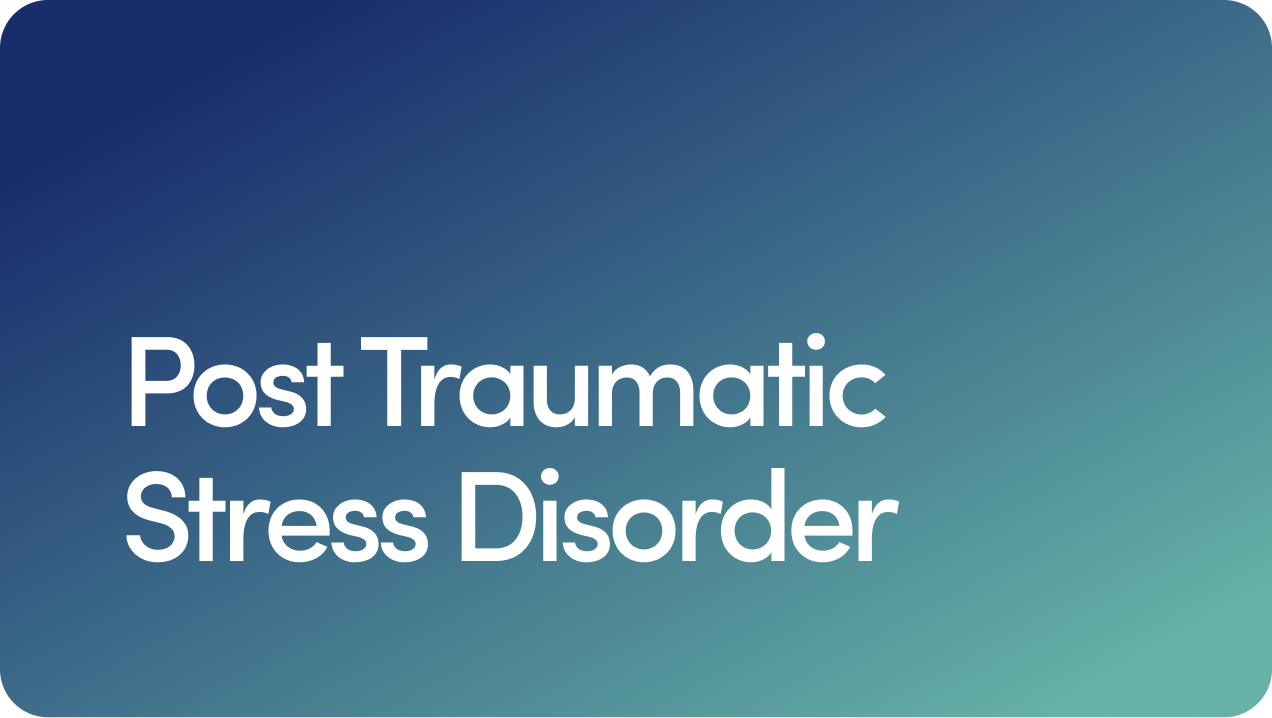 PTSD
PTSD
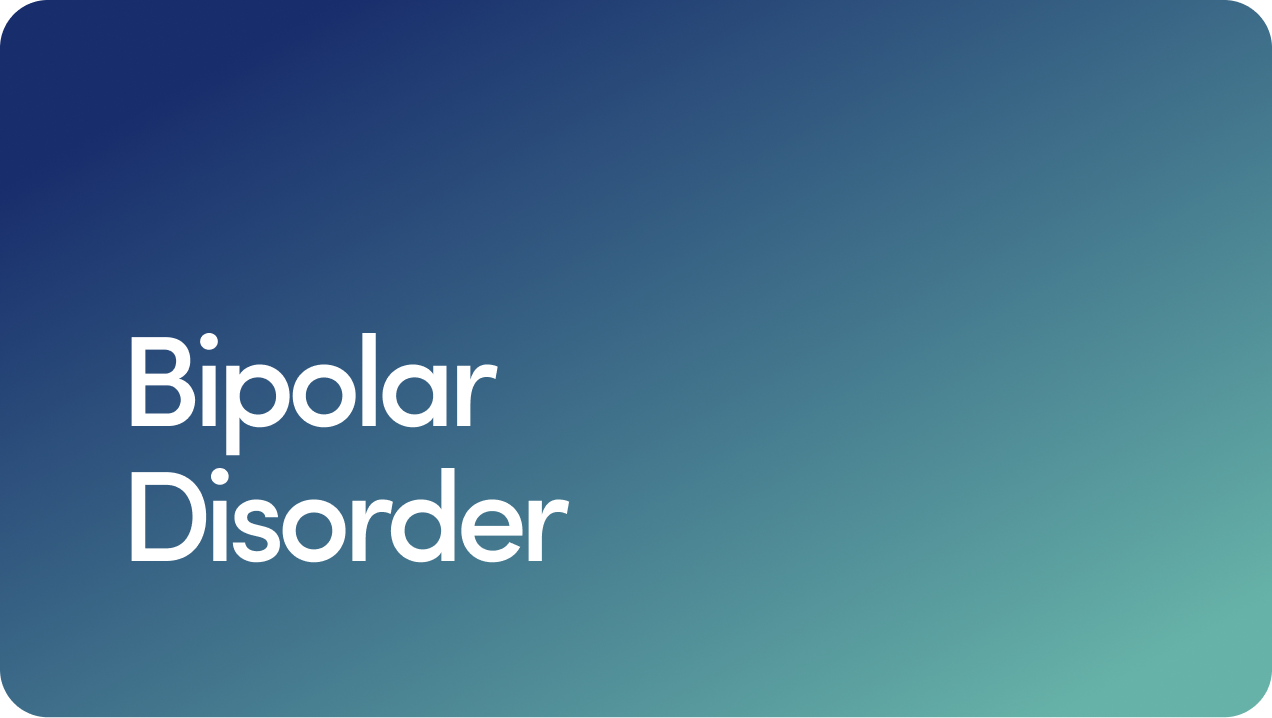 Bipolar Disorder
Bipolar Disorder
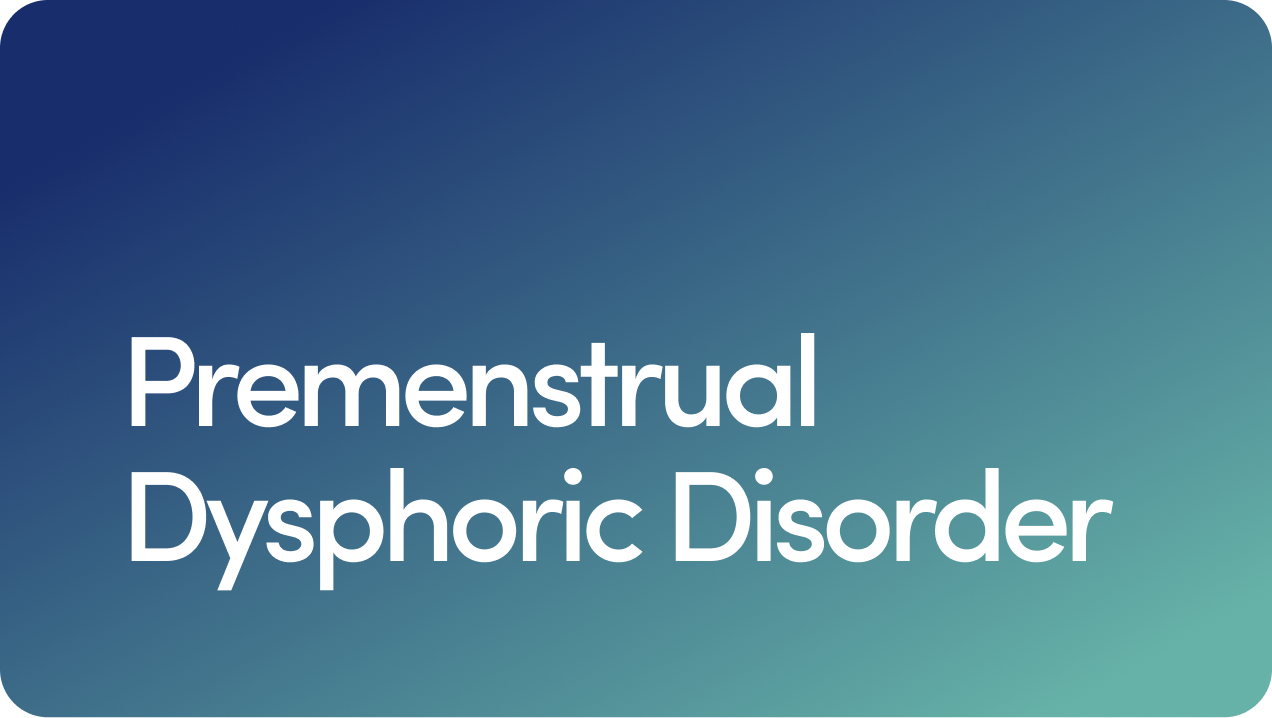 Premenstrual Dysphoric Disorder
Premenstrual Dysphoric Disorder